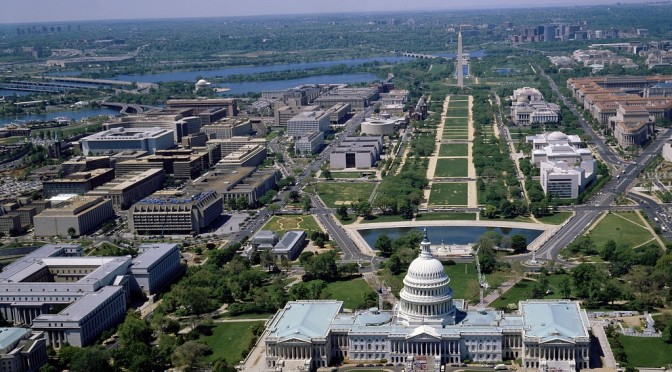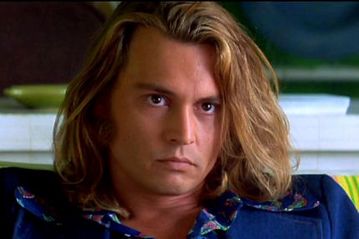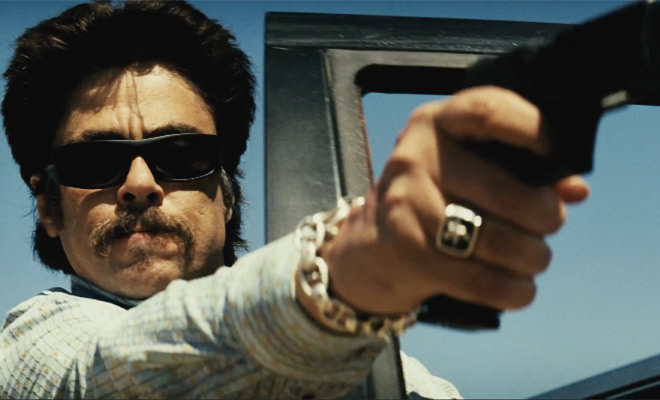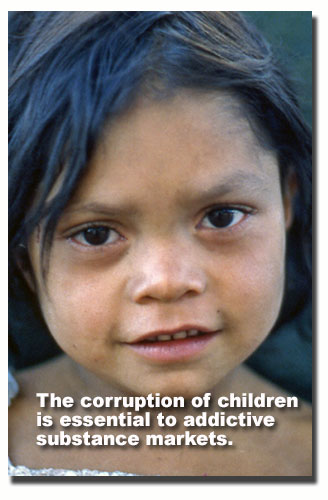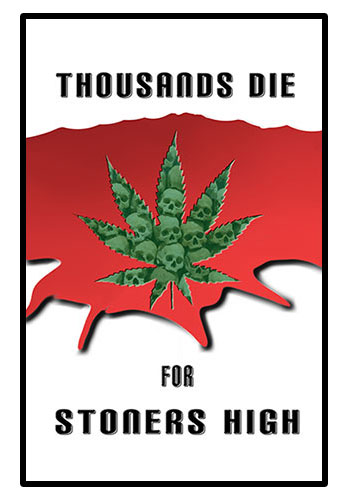by Robert Weiner, originally published in the Alcoholism and Drug Abuse Weekly last October: Last week, the Harm Reduction Coalition held its conference in Baltimore. Marijuana legalization is not one of its issues, which are mainly access to clean needles and syringes, overdose prevention with naloxone, HIV and hepatitis C, and the rights of drug users. Keynote speaker Michael Botticelli, acting director of the Office of National Drug Control Policy (ONDCP), supports naloxone and medication-assisted treatment. He is a clear harm reduction advocate, but not an advocate of marijuana legalization.
But harm reduction sometimes gets confused with marijuana legalization. I had the privilege of speaking to the “Politics” class at American University in nearby Washington, D.C. on October 20, a few days before the conference was to begin. I was invited to discuss the movement toward drug legalization. I also covered some “harm reduction” assertions as well.
Unfortunately, because the legalization movement is sweeping across America, my counterpoints were very well-received — I say “unfortunately” because we are being overcome by the tidal wave of the movement. Here is some of what I said to Assistant Professor Rick Semiatin’s “Washington Semester” class of juniors and seniors from 200 colleges and universities across the United States.
I’m a “liberal” on most things, but on the drug issue, I know the harm that is done by car crashes, DUIs, date rape and the impact of flooding already overcrowded emergency rooms — and that includes from marijuana, which most “legalizers” claim they want to separate from “harder” drugs. I was the one who wrote then-Congressman Ed Koch’s testimony on his bill in the 1970s to legalize marijuana, and sat with him at the table as he told Congress that drugs are personal and harmless, and that we should stop crowding our prisons. But both Ed and I learned and changed our positions, he as mayor of New York City and me as I learned more and more as spokesman for the House Narcotics Committee and then the White House ONDCP.
I told the students that the election is being overwhelmed by the issue because my own party, the Democrats, don’t want to touch it. They are afraid their candidates will lose a big chunk of the youth and liberal base who support legalization/decriminalization in the legislatures and state referenda. Like laetrile in the 1970s (which was legalized in more than 20 states and was supposed to cure cancer but turned out to be useless apricot pits that simply deferred real and needed treatment), “medical” marijuana is backed up only anecdotally and never is compared to an “n” of other treatment modalities that would be prescribed by doctors. There is truth to former drug czar Barry McCaffrey’s joke that a shot of gin also takes away your pain. Having said that, no one wants to deny a truly sick or dying patient who wants to get high the opportunity to feel better, even if it’s a placebo effect. It’s not the truly “medical” cases anyone wants to stop; it’s what law enforcement tells us are the 90+ % (and as many as 99 %) non-sick people who also come in to the clinics feigning illness with a makeshift letter just to get drugs.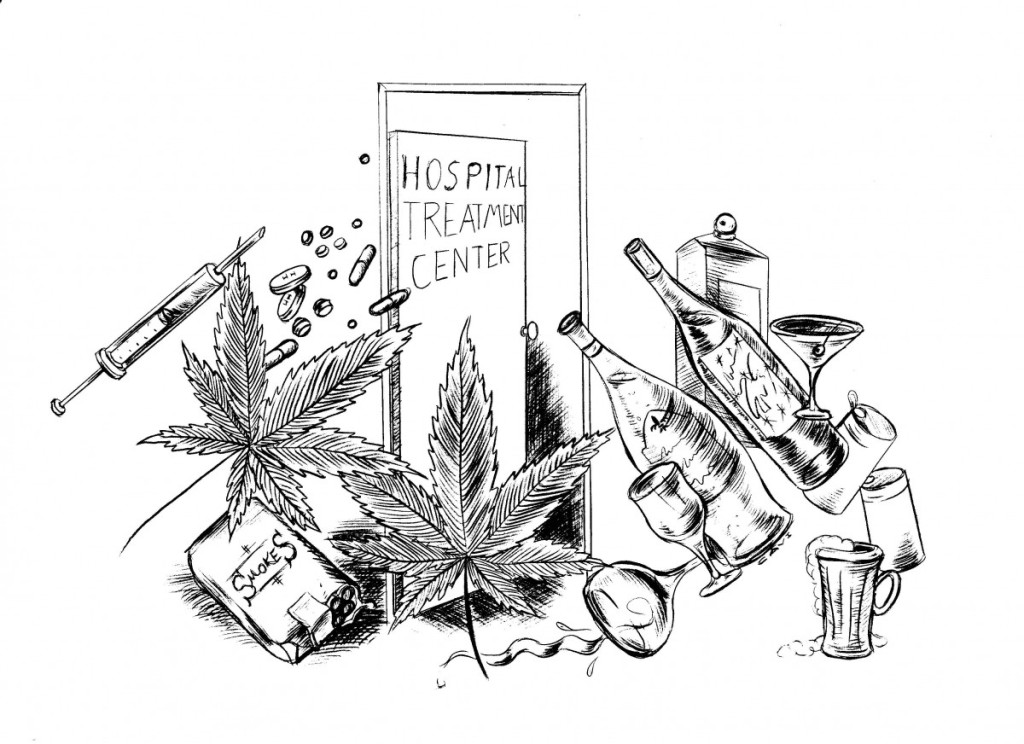
Harms of marijuana
The evidence on harm in the legalizing states is rolling in. You have to scrounge for the reports, but they say, “youth marijuana use increased by nearly 11 % since medical marijuana became legal in 2009,” “traffic fatalities involving drivers testing positive for marijuana have increased by 100 percent between 2007 and 2012” and “toxicology reports with positive marijuana results for driving under the influence have increased 16 % from 2011 to 2013.” In addition, Colorado Public Radio reported, “Denver Emergency Room Doctor Seeing More Patients for Marijuana Edibles.” The United Nations reported, “Marijuana-related Health Problems on Rise in US,” with a 12 % rise last year in marijuana usage by teens.
But for the most part, the legalization referenda are speeding ahead. The most-cited ones, in Oregon and D.C., show legalization 11 and 20 points up, respectively, with just days before the election, and the legalization advocates say they are counting on “young voter turnout.” Since Democrats count on that demographic as well, you can understand the silence.
Even though Maryland Gov. Martin O’Malley told me personally two weeks ago that “I’m concerned about legalization” because of car crashes, emergency room upticks, the horrible message to kids (how legalization disarms parents from the moral high ground on the message), and the like, politicians in the state are silent on the issue.
Of course, the legalizers say the drug war is a “failure.” But the students I addressed did open their eyes when I said that because of the efforts of parents, teachers, coaches and religious and business leaders, and a strong foreign policy (Plan Colombia) and domestic enforcement efforts, drug use has declined almost 50 % in the last three decades, and cocaine use — the disproportionate driver of crime — is down 70 %. If any other social problem, such as literacy, hunger or poverty, or health problem, such as cancer, diabetes and heart attacks, improved 50–70 %, would we call it a failure?
Drug Courts Work
To these quite smart college juniors and seniors, I pointed out that medically assisted treatment — including methadone, buprenorphine and Vivitrol — is in fact harm reduction. It’s valid because people can function, work and pay taxes. But if we’re talking about heroin, cocaine and methamphetamine to addicts, that’s pure nonsense that destroys their lives. If we are talking about marijuana, I still oppose it because it jams hospital emergency rooms with car crashes and treatment centers with patients. Legalization or decriminalization would simply increase availability and use. When I debate the Ethan Nadelmanns of the world on radio or Bill Maher or Crossfire, they invariably say, “That’s true but…” I cut in and say, “You can’t say ‘but’ to more availability and use — that’s the point. Aside from that, Mrs. Lincoln, how was the play?”
I do concede we need to stop prison overcrowding but point out that’s why Attorney General Janet Reno and ONDCP Director McCaffrey supported creating drug courts, for treatment instead of prison for nonviolent drug offenders. There were eight drug courts when we started in 1996. Drug courts rose to 1,000 under Clinton-Reno-McCaffrey, and now are near 3,000.
Science, not politics, should guide U.S. drug policy. Bob Weiner is former spokesman for the White House Office of National Drug Control Policy, the House Narcotics Committee and the House Government Operations Committee. He now heads up a public affairs and issues strategies group in Washington, D.C., Robert Weiner Associates, and is founder and president of Solutions for Change, a foundation supporting young journalists to write op-eds informing the public on issues in major newspapers. He can be contacted at [email protected]

